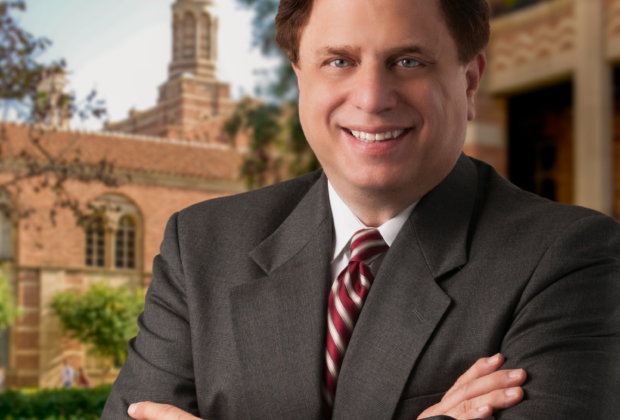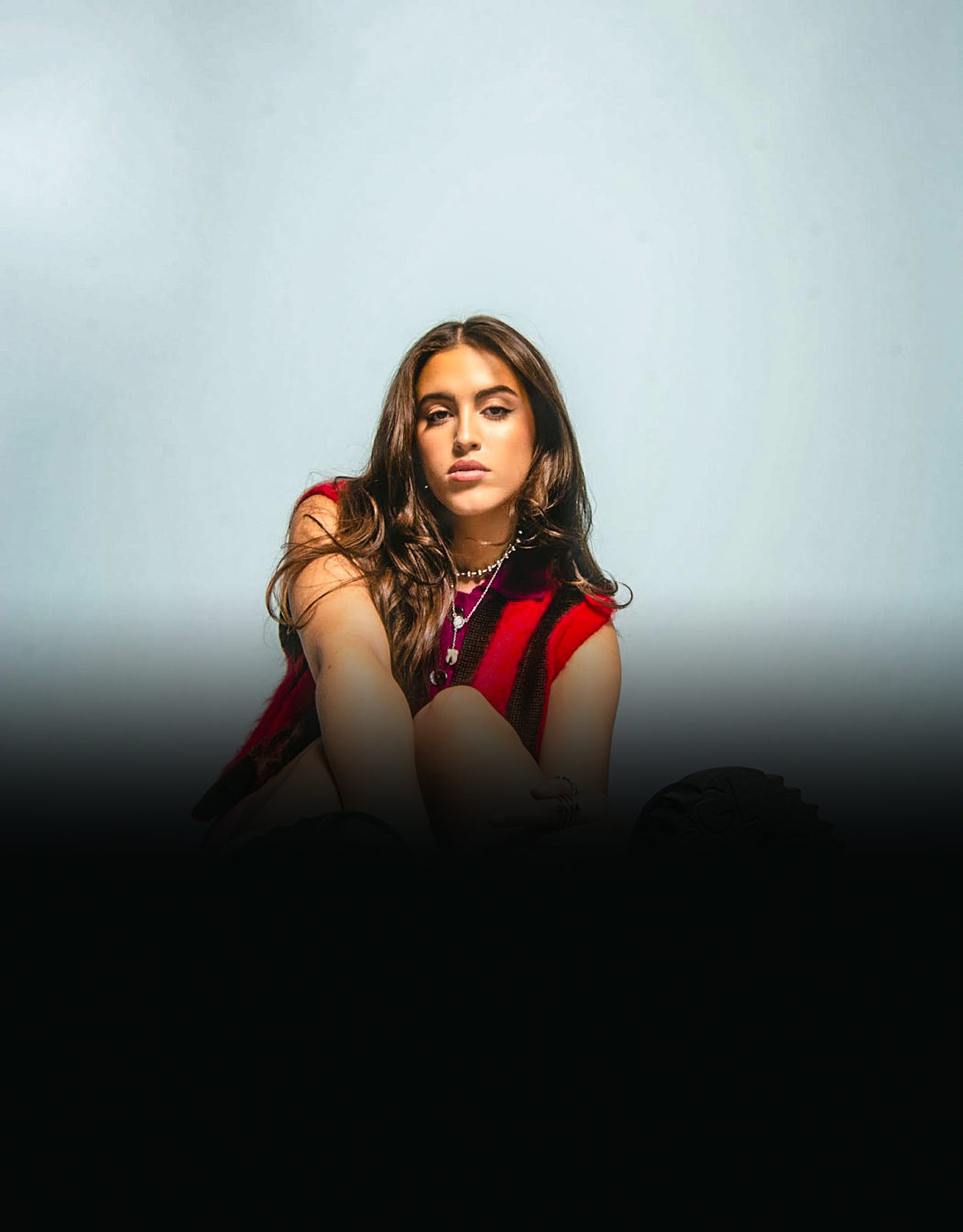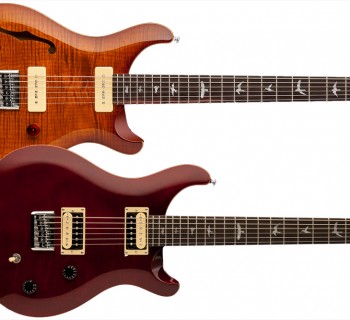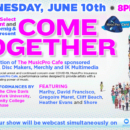Songwriters have long been concerned about the amount of income they receive for songwriting. The music industry has evolved over the last 10 years or so as revenue streams have changed. Artists and music producers who are also songwriters don’t have to solely rely on songwriting for their income. But for those who are only songwriters the outlook is not as good.
Lauren Christy is a successful songwriter and music producer. She has co-written such hits as Avril Lavigne’s “Sk8er Boi” and “Complicated” and also has written for Britney Spears and Liz Phair. As she told Rolling Stone Magazine, she’s worried about the future of songwriters. “On this current path, we are headings towards a national funeral for the songwriting profession.” She indicates that songwriters who are also recording artist and/or music producers can still make it, but those who rely only on songwriting are becoming rarer and could disappear unless the music industry does something about giving songwriters a bigger slice of the pie.
In August of 2022 there was an important decision when the major streaming services and music publishers entered into a new agreement through what is known as the Copyright Royalty Board (“CRB”), which is a three judge panel chosen by the Librarian of Congress to determine issues concerning music publishers and songwriters. The Royalty Board determines the amount of songwriters and music publishers royalties for the next five year period. The CRB still has to approve the deal between streamers and publishers which is expected to be made in the near future. The decision will decide how much money publishers and songwriters receive for their music from companies such as Spotify, Amazon Music, YouTube/Google and Pandora.
The streamers and publishers had a huge battle over the rate for the 2018-2022 time period. The CRB ultimately decided to raise the rate from 10.5 to 15.1 percent (the highest rate ever for songwriters) which was considered a big win for songwriters.
The CRB had recent hearings to determine the rates for the years 2023 to 2027 and the rates will increase by a much smaller amount: 15.1 to 15.35 over the next five years which is the highest rate ever for songwriters. As songwriter Michelle Lewis told Rolling Stone:
“For publishers or writers with multiple hits, anyone with market share at scale, they’re stoked because this is a format that rewards scale. But this doesn’t help anyone below the 1 percent [richest writers].”
Other issues songwriters are pursuing are “Day rates’ for songwriters to guarantee they get paid not just royalties but also for their time and work. And they would like better terms for publishing deals. Another source of revenue for songwriters could be giving songwriters a percentage from master recording royalties. Currently, songwriters only receive royalties on the composition, not the master recorded from the composition.
If songwriters are to be paid more it has to come from somewhere. Streamers and/or labels and/or artists would have to take less. I don’t predict that happening any time soon.













